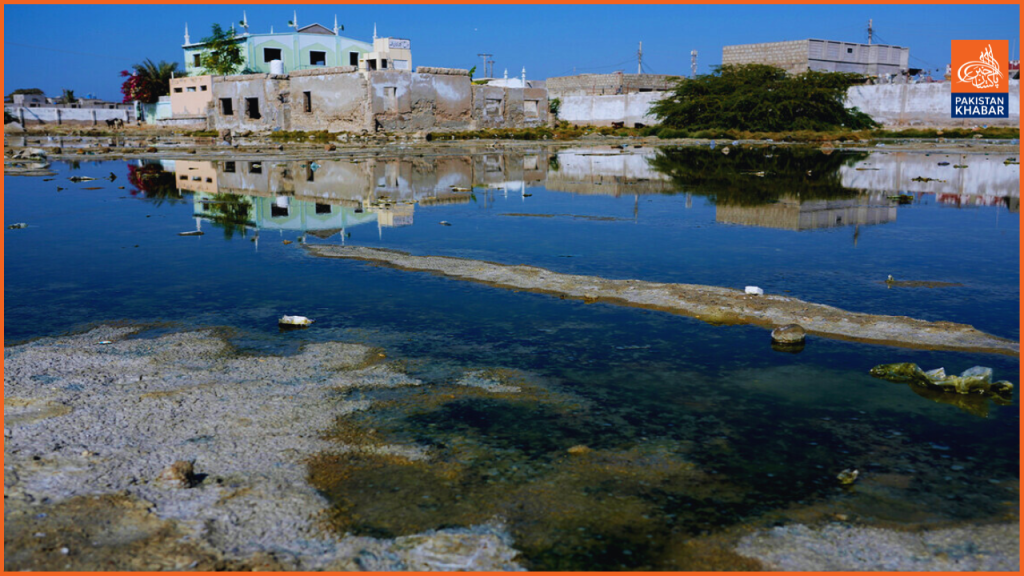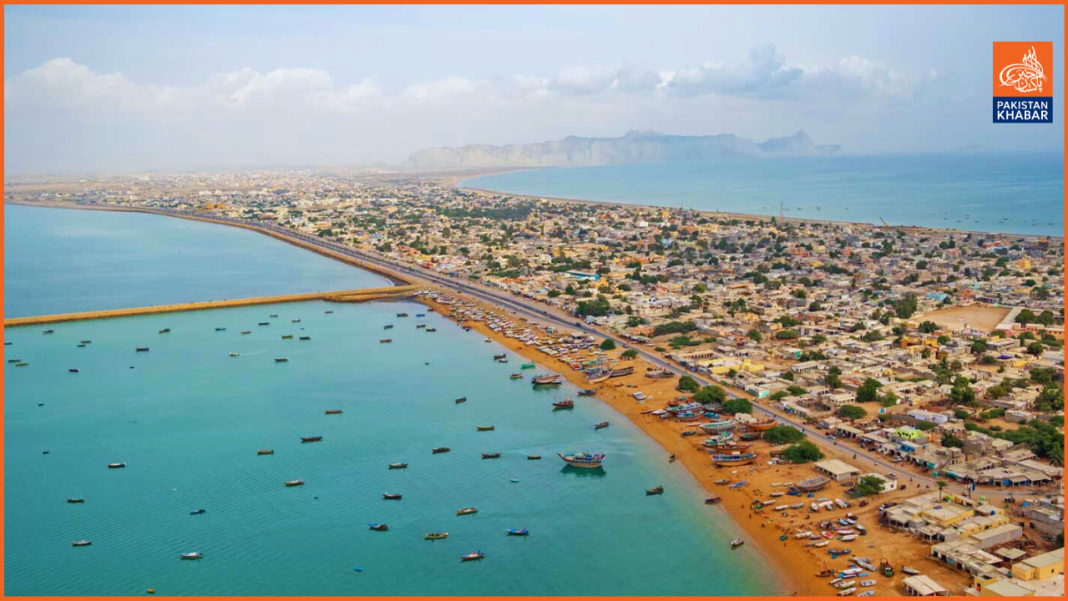Gwadar, a strategic port city in Pakistan’s Balochistan province, is renowned for its coastal beauty and economic potential. Despite being a vital port city, the inhabitants of Gwadar now face a persistent enemy in the water, which once supported their livelihoods and tourism. This once-thriving coastal community is suffering from rising waves, deteriorating coastlines, and unpredictable weather.
Rains flooded Gwadar for about 30 hours earlier this year, knocking out roads and communication. Homes are in ruins, and vast craters force traffic to negotiate perilous paths.
Climate change threatens Pakistan’s buried Gwadar in Balochistan. Due to its low elevation and thin foundations, rising tides easily target it. The situation is reminiscent of island nations facing rushing floods.
Hydrologists like Pazeer Ahmed worry that further sea level rise could submerge Gwadar. Warmer waters cause stronger monsoon winds, huge waves, and more rain. Environmental authority Abdud Rahim says changing tides have destroyed neighbourhoods and washed away hundreds of homes.
Local villages like Pishukan and Ganz have lost mosques, schools, and residences to the seas. Cliffs in Sunset Park have collapsed, leaving beaches bare.

Concrete and stone seawalls deter nature, but they are simply temporary remedies to a deeper problem. Due to rising sea levels, saltwater intrusion, and shifting land conditions, residents have had to pump out water daily or leave their houses.
Gwadar has garnered millions of dollars in foreign investment as part of China’s Belt and Road Initiative to become a global trading hub. Despite new ports, airports, and highways, sewage and drainage are still insufficient. Locals are more susceptible than ever due to this and the uncertain climate.
Once flourishing, the fishing sector today faces declining catches, extinct fish species, and changing migratory patterns. Warmer waters cause invasive species and algal blooms, stressing marine life. Foreign trawlers and illegal fishing worsen the issue.
Agricultural areas outside the shore are also suffering. Extreme weather and water scarcity killed animals, ruined crops, and forced migration. Pakistani farmers confront similar challenges when climate extremes increase crop diseases and decrease harvests.
Gwadar’s people face a painful paradox—too much water in some places, not enough in others. Seawater rises, yet drinking water is scarce. Qadir Baksh runs generators daily to pump off water that threatens to overwhelm his home.
Gwadar may suffer irreparable damage without quick interventions beyond seawalls, experts say. Hope and sorrow currently torment the town. Its future depends on local and global climate change action.




